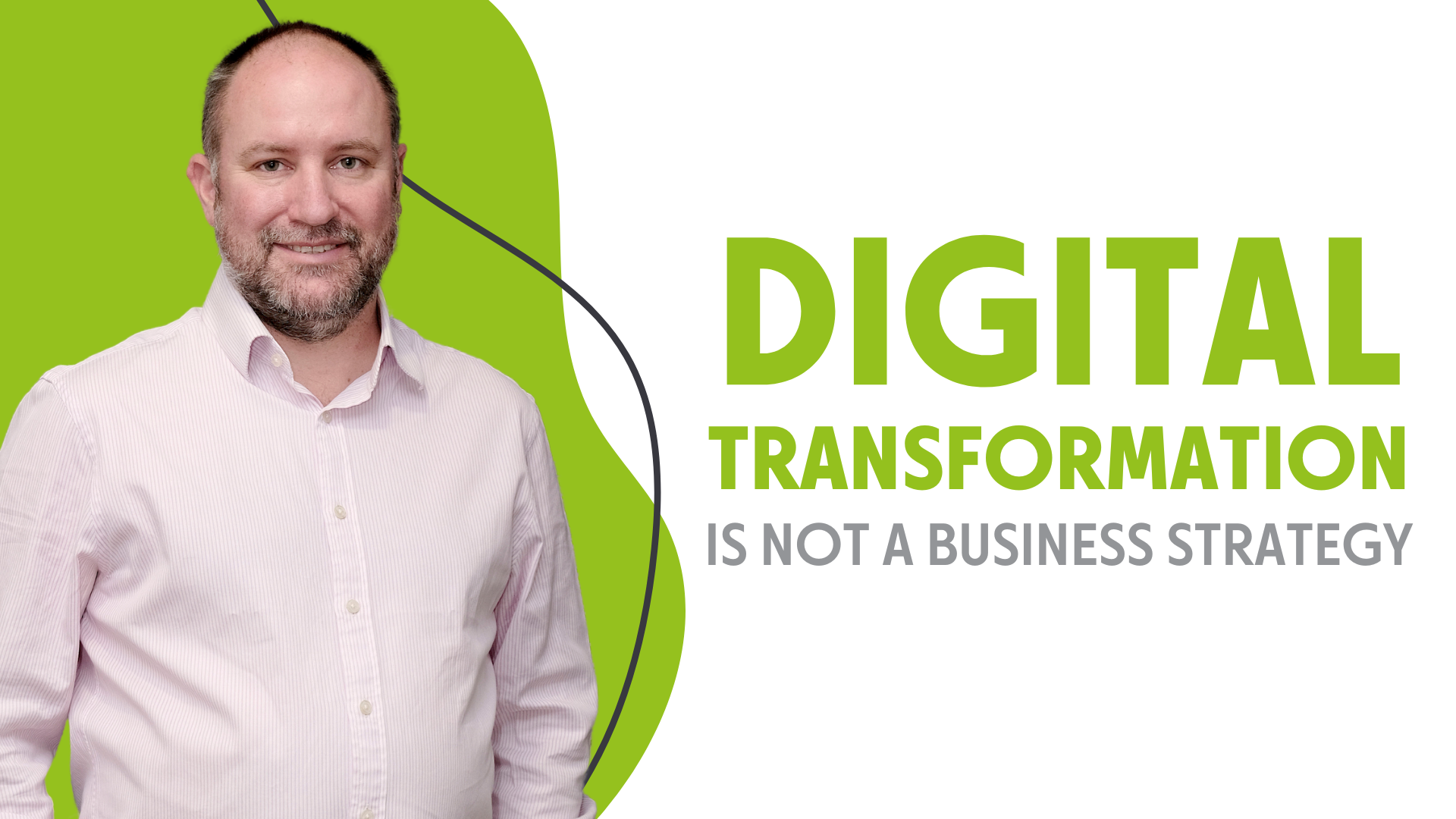Business leaders would do well to understand that digitisation is an operational approach and tactic that can help improve or develop their strategy; it is not a strategy in and of itself, says Andrew Cruise, Managing Director of Routed, a local VMware Cloud Verified provider and VMware Principal Partner.
The rapid pace of technology development has seen organisations across multiple industries racing to implement what they refer to as their ‘digital transformation strategy’.
This is often driven by a misalignment at a high level, whereby strategy is mistaken for tactics. Digital transformation is not a strategy, and never will be; it’s simply a new business tactic.
According to Cruise, it’s an operational approach, a new or improved way of delivering things operationally – so while it may help to direct your strategy, it is not a strategy itself.
“Many providers like to tell the digital transformation story as if it’s the only one in town, suggesting that it will be absolutely transformative for a business, or that it is some kind of revolution that will suddenly make them much more profitable. Or perhaps that, once this is done, they will be better at doing their job than their competitors,” he notes.
“The trouble with believing and buying into this hype is that, if everybody undertakes digitisation, then how do you use this approach to actually differentiate your organisation?”
He points out that tactically, digital transformation has much to offer, in that it delivers a new or alternative operating model, adds flexibility, and allows you to change the way that your business operates for the better. “Everyone knows about the improved efficiencies or scalability it offers and the possibility of faster time to market or faster response times. For example, a digital portal can reduce the onboarding process from 3-5 days, to under three hours.”
However, he adds, while there is an acceleration of certain functions and tasks, essentially, it is not a destination, but a journey. And it’s time-consuming, and requires huge investment, while not necessarily delivering the kinds of improvements and efficiencies that your organisation may be looking for.
“I think that an increasing number of organisations now acknowledge that you can’t just press the big digital transformation button and suddenly everything changes to being better, more efficient, and more profitable,” suggests Cruise.
“People have begun to recognise how unrealistic this is, and are beginning to accept that the real digital transformation story is one of ongoing progression, rather than some overnight digital revolution,” he adds.
Digital transformation is having an impact on the world, and is certainly worth investigating for those that have not begun the journey. But while it might improve your efficiency or your time to market, or your scalability and efficiency, Cruise cautions that it will not be the step change in business terms that some overstate.
“It is for this reason that I believe businesses should never try selling ‘digital transformation’ as a business differentiator. A differentiator is something that you use to appeal to customers as a means of persuading them away from your competitors, and to your brand. But today, almost every organisation is undertaking some form of digitisation – so how can it be a differentiator?”
“In fact, I am of the opinion that a company should never lead its pitch with digital transformation. Instead, it should lead with its strategy, and then explain how digitisation will help the business improve, develop or change this strategy for the better. Ultimately, executives need to stop speaking of digital transformation in hushed tones of awe, when it is simply another tool to leverage to deliver their business strategy better,” concludes Cruise.


